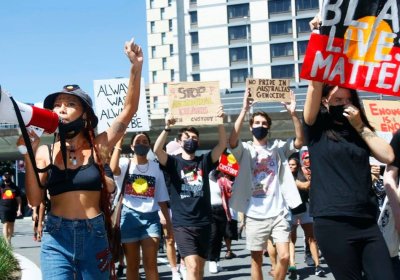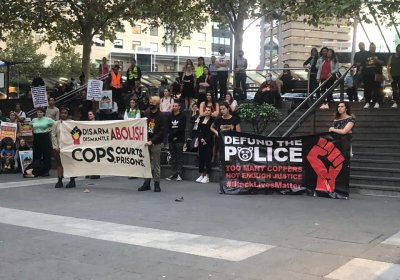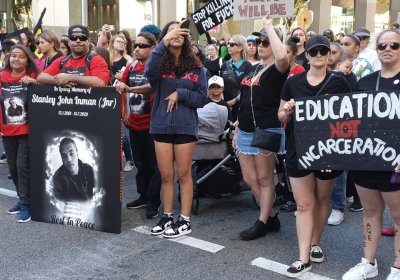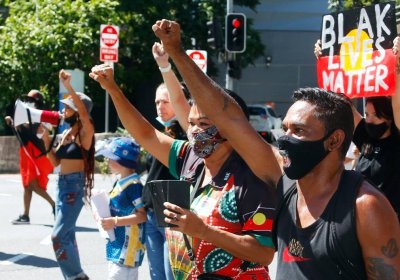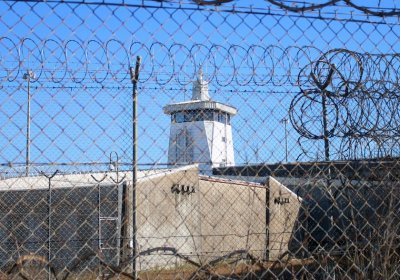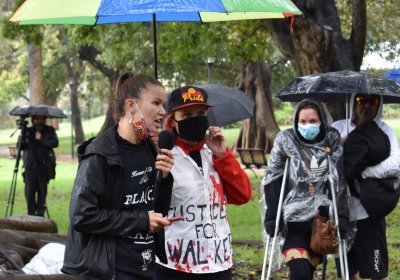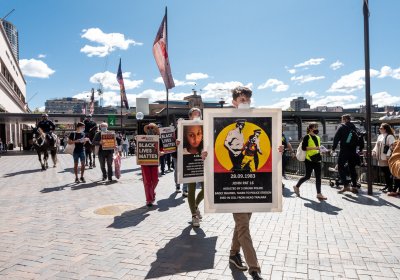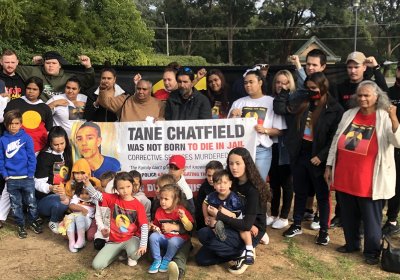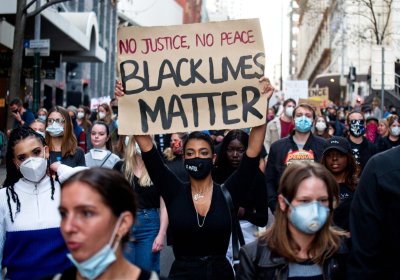The families of those who have died in custody want to meet the Prime Minister. You can join their call by signing on to the petition, writes Kerry Smith.
Royal Commission into Aboriginal Deaths in Custody (RCIADIC) 1987-1991
Rachel Evans reports that First Nations activists and supporters rallied to mark the handing down 30th anniversary of the Royal Commission into Aboriginal Deaths in Custody.
A protest to mark 30 years since the royal commission into Black deaths in custody released its findings mobilised about 1000 people, writes Alex Salmon.
Large and angry protests were held in several cities across the country to mark 30 years since the Royal Commission into Aboriginal Deaths in Custody handed down its findings, reports Isaac Nellist.
Kerry Smith reports that protests were organised to mark the 30th anniversary of the handing down of the recommendations of the Royal Commission into Black Deaths in Custody.
First Nations organisations have strongly criticised the NT government’s proposals to get “tough” on young people who re-offend, saying it will drive more Aboriginal children into prison, writes Pip Hinman.
Suzanne James writes that until systemic racial profiling ends, Black deaths in custody will continue and the 1991 royal commission's recommendations will not be implemented.
Caroline Andersen writes about the pain of the death in custody of her son Wayne 'Fella' Morrison and why she has little confidence in the justice system.
People rallied in rain at the opening of a NSW parliamentary inquiry into Aboriginal deaths in custody, reports Peter Boyle.
John Pat’s death in custody was remembered 37 years after the 16-year-old died of head injuries in a police cell in Roebourne in 1983, reports Kerry Smith.
The family of Gamilaraay, Gumbaynggirr and Wakka Wakka man Tane Chatfield say the criminal justice system was responsible for his death, reports Rachel Evans.
Sue Bolton argues only a sustained mass movement, led by First Nations people, will have a chance of dismantling the racist and repressive system which criminalises people on the basis of their skin colour.
- Previous page
- Page 2
- Next page
